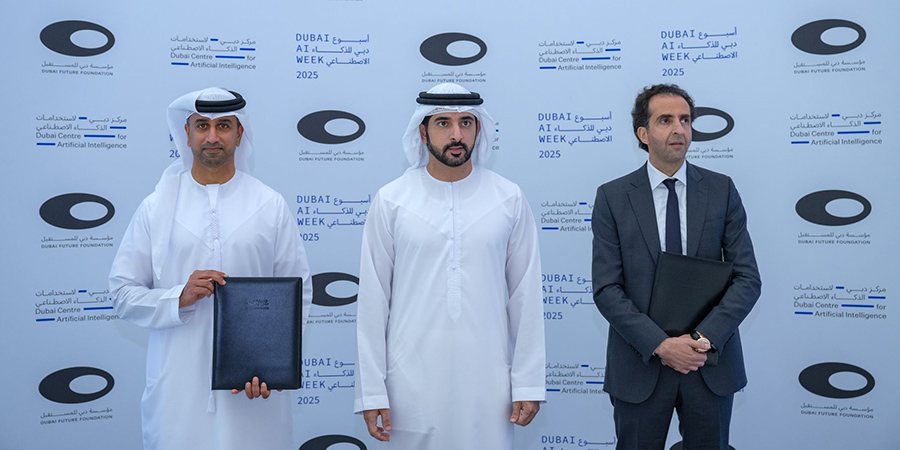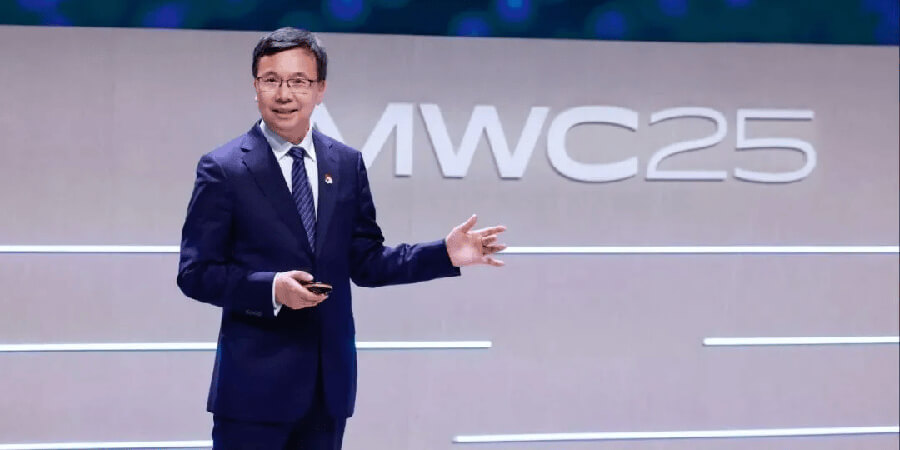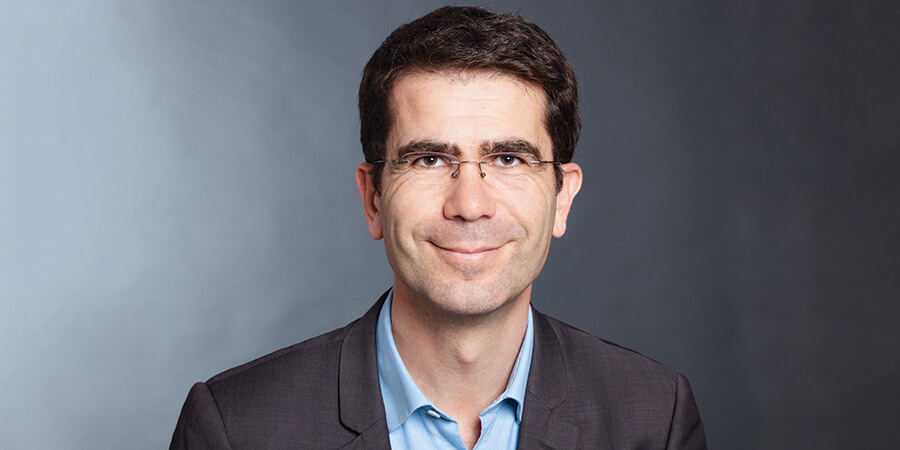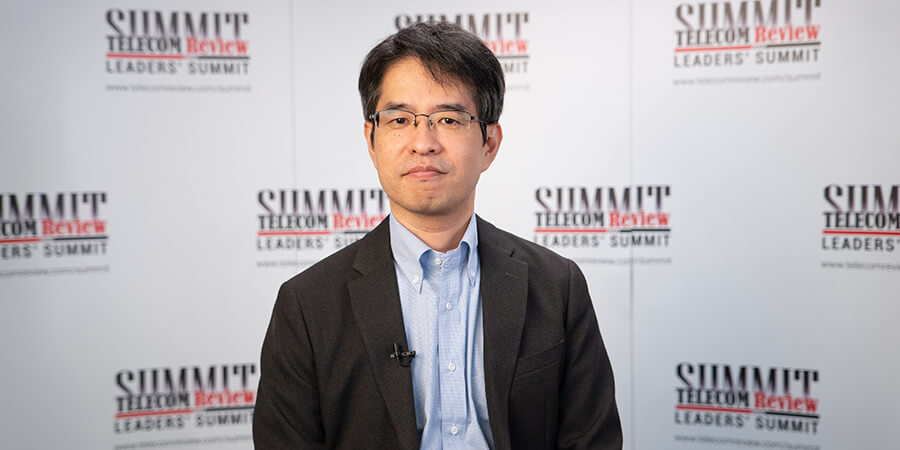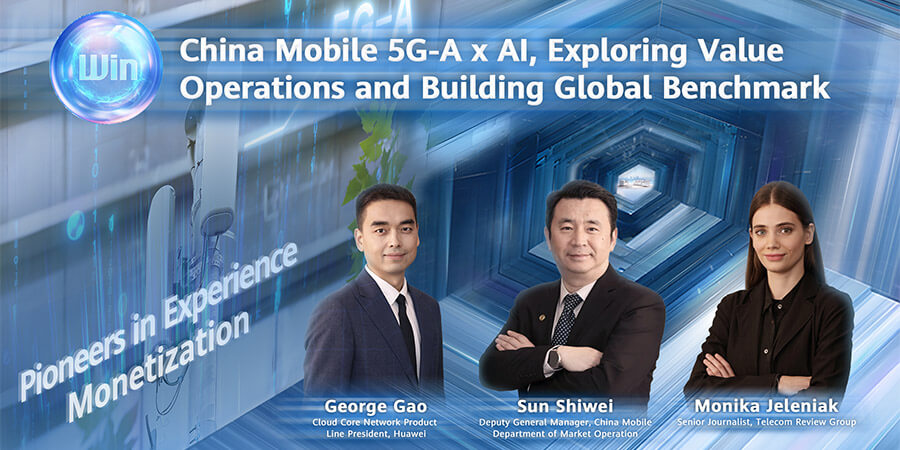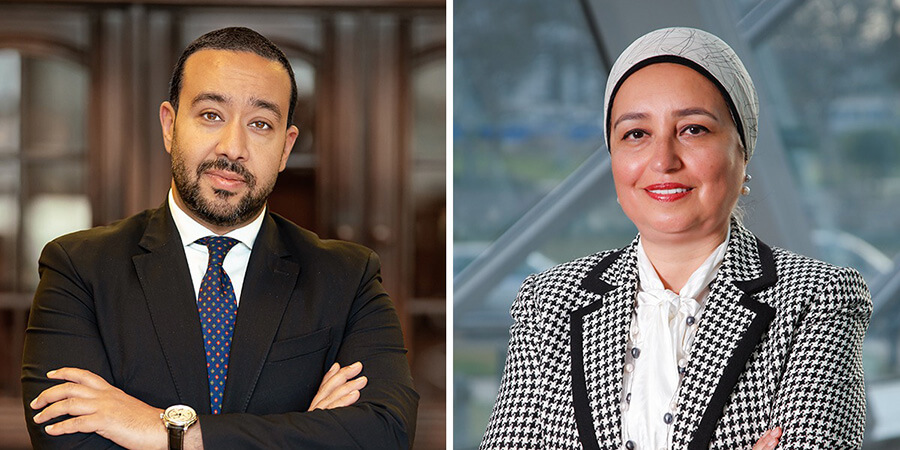neXgen Group has garnered a reputation for being one of the top smart city consultants in the region - a thought leader in the domains of smart cities and next generation technology innovation. The company has since evolved from its consultancy status and added smart city managed services through its cloud-based smart city as a service platform. Telecom Review caught up with Ghazi Atallah, neXgen Group's CEO.
As a leading smart city consultant, what would you say are the essential components that make up a smart city?
In our view, it's first and foremost about the masterplan roadmap - having a concise plan in place for smart city implementation - which includes initiatives and services that will be rolled out to meet the city goals. The second important aspect is policies, regulations and governance around smart cities to enhance the position of a city in becoming smarter. The third component is smart technology infrastructure - including the smart city platform, data and so on. The smart city platform enables the roadmap and is supported by the policy and governance work.
What highlights can you share about neXgen's strategic collaboration with Zain Group?
The strategic collaboration and investment with Zain Group is essentially about taking our expertise of smart cities and extending that into a smart city as a service capability - extending the capability from advisory services to managed services around smart cities - and taking that to all of Zain's footprint.
How will neXgen's smart city as a service platform facilitate the deployment of smart city solutions?
The smart city platform is essentially us investing ahead of time based on our customers needs in the capability to deliver smart city services such as smart energy, smart security, smart districts and all the other smart services that we are going to market with, which includes all the technology stack, the operational and service capabilities to deliver.
This will allow us to take the complexity out of smart city development for our customers by providing smart city as a service in a managed service format. Our offering is a service-based approach rather than a technology-based approach. We are not going to sell the technology that will allow you to deliver smart city functionality to our customers, but instead we are selling them a service. We are doing all the legwork on their behalf. In fact, much of the legwork is already done thanks to our implemented platform and capabilities.
What's missing is connecting our platform to the customer's premises so that we can deliver the service. In essence, we take care of 70 percent of the work, and what's left is 30 percent of the work that is connecting the platform to the customer's environment and allowing us to deliver smart services. The way we go to market is very beneficial to our customers because the time to market for them to get up and running from a service standpoint is shortened dramatically, because a lot of the work has already been done on their behalf. They can benefit from a service-based model, which removes the barrier of worrying about technology, and who is going to implement and service it.








